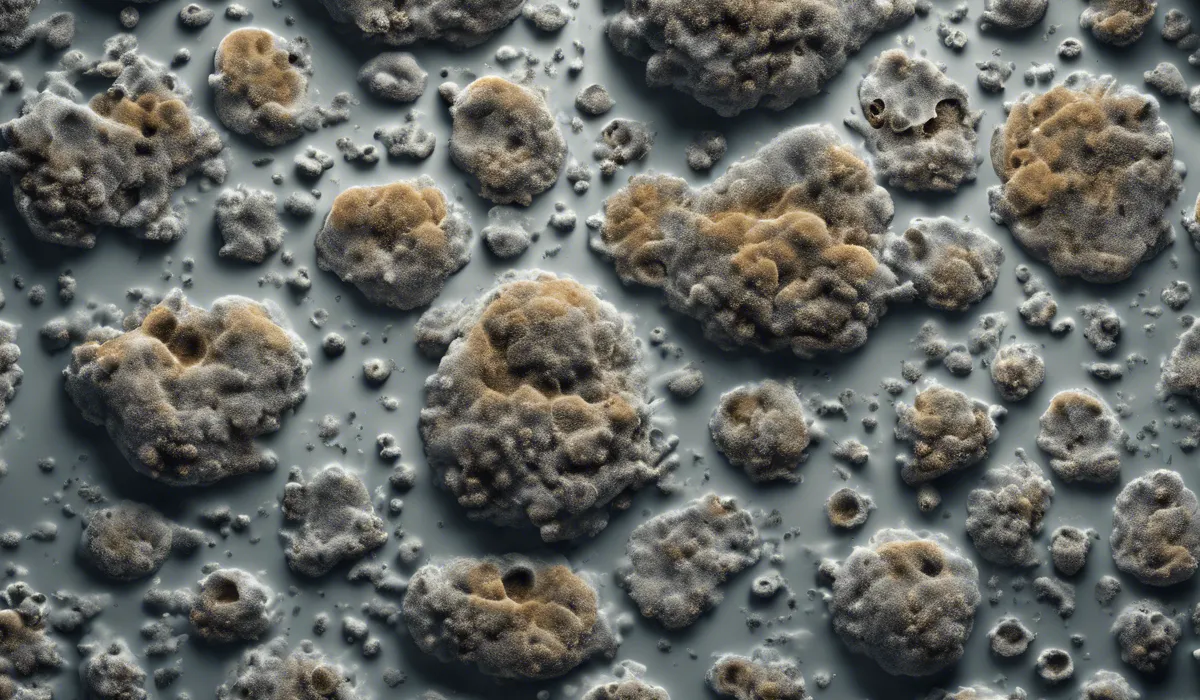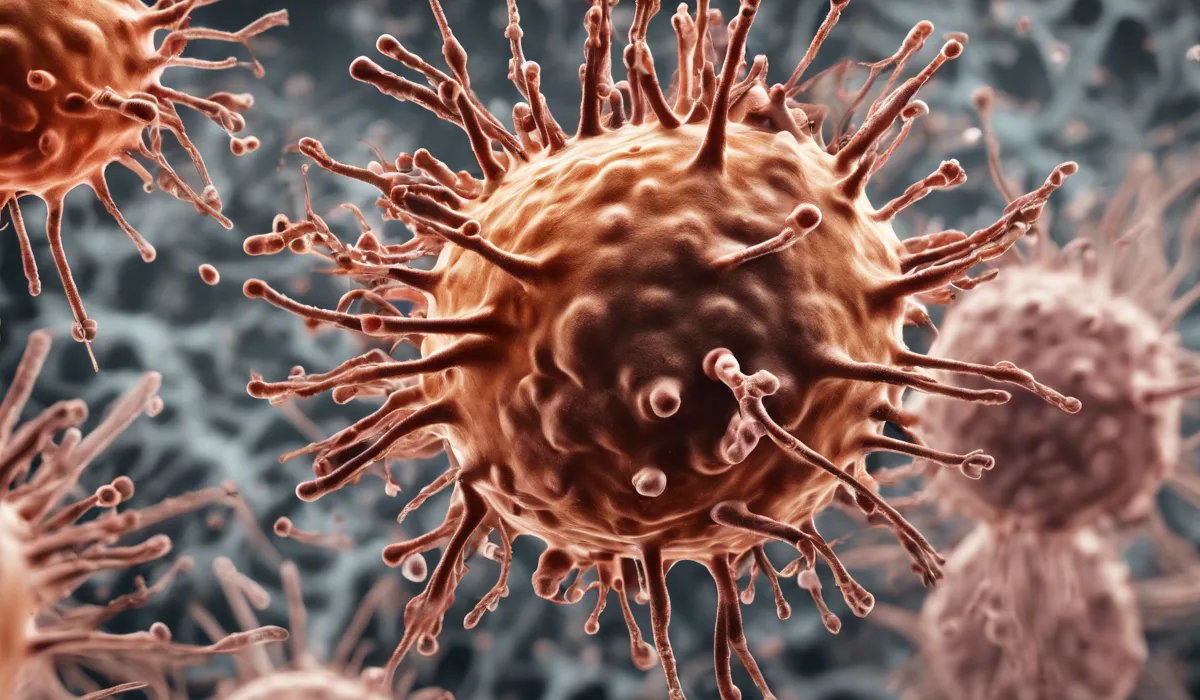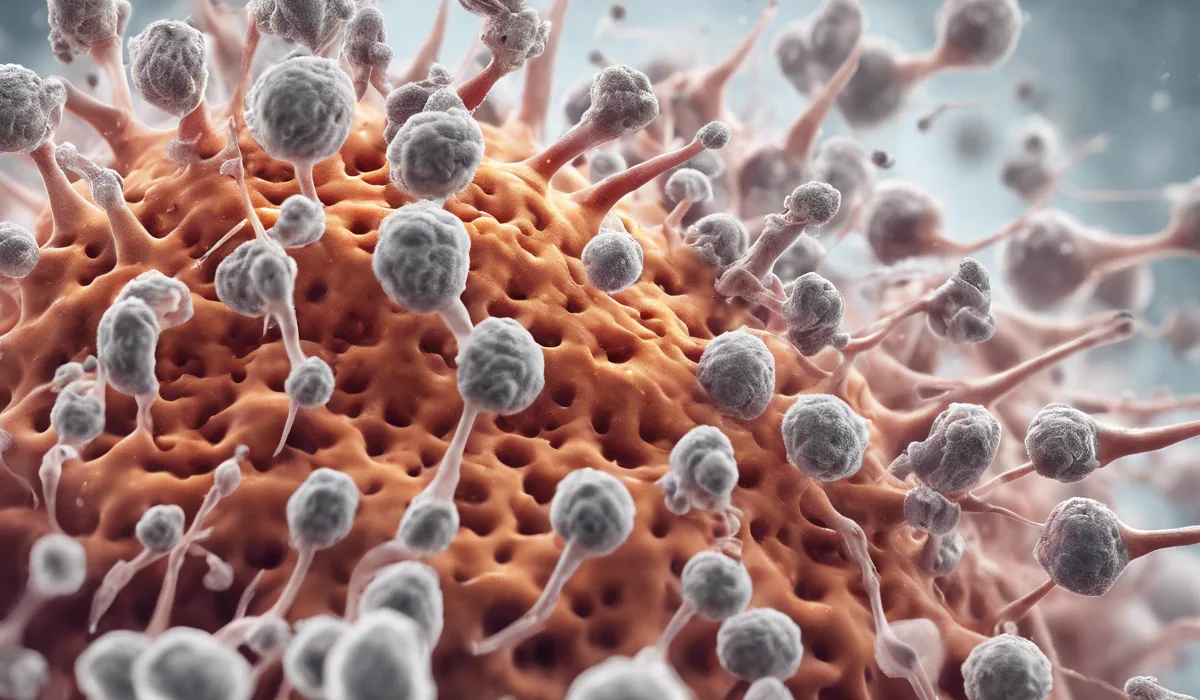No, mold itself does not cause viral infections. Mold can lead to allergic reactions or respiratory problems, but viruses are distinct biological agents that cause viral infections, not molds.
Understanding Mold and Its Health Impacts

What is Mold?
Mold is a type of fungus that can grow indoors and outdoors. It is part of the natural environment and plays a crucial role in breaking down organic matter.
However, when mold grows uncontrollably in homes, it can cause problems. Common types of mold found in homes include Cladosporium, Penicillium, Aspergillus, and Stachybotrys chartarum, often known as black mold.
Optimal Conditions for Mold Growth
Mold thrives in moist, warm, and humid conditions. It reproduces by releasing tiny spores that travel through the air.
When these spores land on damp surfaces, they can start to grow. Areas that are prone to water leaks, high humidity, or condensation are common sites for mold growth.
Health Issues from Mold Exposure
Exposure to mold can lead to various health problems, particularly for people with allergies or asthma.
Mold can trigger allergic reactions, including sneezing, itching, and a runny nose. Respiratory issues are also common and can range from coughing and wheezing to more severe conditions like asthma exacerbation.
In addition, certain molds produce mycotoxins that can be harmful to health when ingested, inhaled, or touched.
Understanding Mycotoxins
Mycotoxins are toxic compounds produced by some species of mold. Long-term exposure to high levels of mycotoxins can lead to neurological problems and, in some cases, can be life-threatening. It is essential to manage mold growth to avoid the harmful health effects of these toxins.
Relationship Between Mold and Viral Infections

Mold-Related Illness vs. Viral Infections
While mold can cause a number of health problems, it is important to understand that it does not directly cause viral infections.
Viruses are infectious agents that require living hosts to multiply, unlike molds, which are fungi that can grow on surfaces. However, the two can be related in other ways.
Compromised Immunity and Increased Susceptibility
Exposure to mold can weaken the immune system, particularly in those who have mold allergies or chronic exposure to mold.
This compromise can make an individual more susceptible to viral infections, as their body’s defenses are lowered.
Indirect Role of Mold in Viral Infections
Some research suggests that mold exposure may indirectly contribute to the severity of viral infections.
By causing inflammation and damage to the respiratory system, mold may create an environment that is more conducive to viral infections taking hold.
Expert Insights into Mold and Viral Disease Prevalence
Experts in health and mold remediation have observed that individuals living in mold-infested environments may experience more frequent respiratory infections.
While these observations do not indicate mold causes viral infections, they highlight a potential association between mold exposure and increased risk of such illnesses.
Preventing Mold-Related Health Issues and Reducing the Risk of Viral Infections

Controlling Indoor Moisture
Controlling moisture is key to preventing mold growth. Repairing leaks, using dehumidifiers, and ensuring proper ventilation can significantly reduce the risk of mold developing in your home.
Improving Indoor Air Quality
Improving the air quality inside your home can minimize the presence of mold spores and other potential pathogens.
Regular cleaning and the use of air purifiers can help maintain a healthier living environment.
Maintaining a Strong Immune System
A strong immune system can protect against both mold-related health issues and viral infections.
Eating a balanced diet, getting enough sleep, and regular exercise can help keep your immune system robust.
Seeking Professional Mold Remediation
If mold is a problem in your home, it is often best to seek professional help. Experts in mold remediation can safely remove mold and help prevent future growth.
This is crucial not just for the structural integrity of your home but also for the health of its inhabitants.
Remember, mold can be a significant issue, but understanding it and taking the right precautions can protect your health and home.
By managing mold, you are also taking a step towards reducing your risk of viral infections, ensuring a safer and healthier environment for you and your family.
FAQs About Mold and Viral Infections
Can breathing in mold cause a viral infection?
No, mold exposure does not cause viral infections. Viruses are different from molds and require their own specific means of transmission.
Is mold related to the spread of viruses?
Mold is not related to the spread of viruses; they are separate entities, and mold does not facilitate viral transmission.
What health issues can mold exposure cause?
Mold exposure can lead to allergic reactions, asthma attacks, and other respiratory problems, but not viral infections.
Can cleaning mold reduce the risk of getting a viral infection?
Cleaning mold can reduce the risk of mold-related health problems but will not affect the risk of contracting a viral infection.
Should people with mold allergies be more concerned about viral infections?
While people with mold allergies should be cautious of mold for respiratory health reasons, this caution is unrelated to an increased risk of viral infections.
Final Thoughts
Mold does not induce viral infections; it’s a separate entity from viruses. Although exposure to mold can lead to allergic reactions or respiratory issues, it is not responsible for the viral diseases that viruses cause.
Understanding this distinction is crucial for accurately addressing health concerns related to mold exposure.
